Moshe Rabbeinu rose and fell over water
July 15, 2016Parshat Chukat brings to light the importance of water. On a deeper level it brings home the famous axiom of the Jewish People’s existence “Ein Mayim Ela Torah”. (Baba Kama 17a).
“There is no water only Torah”. The Parsha starts off with the Purifying water of the Parah Aduma (Red Heifer). It then moves to the passage of Miriam in Kadesh in the 40th year on the 10th of Nisan (Age 127-which is the same age as Sarah our Matriarch).
On the 10th of Nisan one year later Yehoshua entered into Eretz Yisrael. Miriam was the provider of water for 40 years in the Desert for 3 million people. She had saved the life of her brother Moshe through water and saved the lives of her brethren through water as well. Both Miriam and Moshe had a letter “Mem” at the beginning of their names to extol the virtue of Water (Mayim).
Miriam had the word Mayim built into her name (Mem Yod Mem) signaling her future contributions in the world. Her parents had called her Miriam because she was born into bitter Slavery(the root of her name means bitterness). As with all names of children there is Nevuah-prophecy (hence one has to be careful about naming a child). Water was to become her life. Of course on a deeper level the Mayim of Torah was her life. Mayim always relates to Torah throughout Tanach. Miriam’s death hurt the Nation. It had to have a tremendously emotional effect on Moshe Rabeinu too as Great as he was.
“Hashem spoke to Moshe, saying, “Take the staff and gather together the Assembly, you and your brother Aaron and speak to the rock before their eyes and it shall give its water.”(20:7-8) “Moshe and Aaron gathered the Congregation before the rock and he said to them, “Listen now, O Rebels, shall we bring forth water for you from this rock?”(20:9) I believe that Moshe’s tone and loss of temper relate to the fact he was distraught over the death of his beloved Sister, Miriam. This idea as you will see later is more in line with Rashi. However, according to the Rambam who claims that Moshe’s Sin was his lashing out at Bnei Yisrael, one would have a harder time saying this.
“Then Moshe raised his arm and struck the rock with his staff twice; abundant water came forth and the assembly and the animals drank.”(20:11) Distraught over the loss of his beloved sister Miriam, Moshe’s emotions were poured forth upon the rock. “Hashem said to Moshe and to Aaron, “Because you did not believe in me to sanctify me in the eyes of the Children of Israel, therefore you shall not bring this Congregation to the land that I have given them.”(20:12) Why such a severe punishment especially in light of Miriam’s recent passing? Rashi says the sin was that Moshe struck the rock instead of speaking to the rock. The Rambam as I stated above explains that the sin was that Moshe lost his temper with the Jewish People when instead of defending them as he had done so many times before he called them “Rebels”.
The Tzitz Eliezer in the name of the Gerrer Rebbe follows the Rambam’s approach. For 40 years the Jewish People received water in the merit of Miriam. In Parshat Beshalach Moshe was told to hit the rock( Shemot 17:6). This was the case while Miriam was alive but G-d changed the command after she had died. Moshe, in deference to his beloved sister, (he did not want to appear greater or more meritorius than his sister), therefore because of his Righteousness and humility hit the rock. According to this approach, one would have to hold like the Rambam that the sin of Moshe was his lashing out at Bnei Yisrael and not the hitting of the rock.
The Tzitz Eliezer is connecting the incident with the death of Miriam. His approach works well with the Rambam but how can we reconcile Rashi with this approach. Is it possible that by hitting the rock which Rashi is calling the sin, that Moshe was hurting himself and his entire being? The greatness of Miriam was that she did her miracle of bringing forth water quietly without fanfare. The Tzniut and righteousness of Miriam became abundantly clear when she no longer was alive. Chazal say that the rock Moshe struck was the very same rock that Miriam used to obtain water.
It is also reflective of the axiom, “Ein Mayim Ela Torah”. Moshe and Miriam both represented Torah each in their own special way. In Breishit when the Torah spells out how both Abraham and Yitzchok dug wells (Breishit 26:18) it really is pointing out how they both spread Torah in these locations. Water again reflects Torah. The Great Rabbi Akiva upon hearing of the decree by the Romans that learning Torah was punishable with death used the parable of the fox and the fish. The fish responded to the foxes’ advice to come on the land, “If we are so endangered in this natural habitat what chance do we have out of our natural habitat.” Water and Torah once again intersect. When Moshe did not follow G-d’s command explicitly to speak to the rock whether because of his distraught state, in deference to his sister, or because he was angered by “the Rebels” he hurt his very existence to the core. Moshe’s entire life depended upon water.
He did not directly cause the Plague of the Water turning to blood and asked Aaron to do it because of his closeness, his respect and loyalty to water. He knew he was saved by water.The Splitting of the Sea was another example of his bond with water. His striking the rock instead of talking to it was a wound to his very existence.This would fit more in line with Rashi. Moshe Rabeinu rose and fell because of his special relationship with water. Shabbat Shalom
Similar posts
-
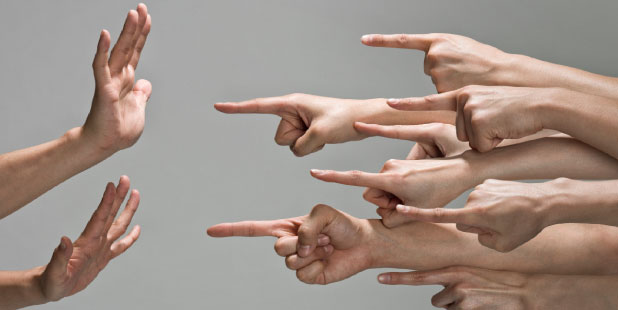
Israel Is Held To A Higher Standard Than Any Country
April 25, 2024In the intricate tapestry of global affairs, one nation stands out for enduring scrutiny and condem...
-

Israel Has The Most Moral Military In The World
April 10, 2024In the heart of a region often riddled with conflict, Israel stands out not only for its technologi...
-
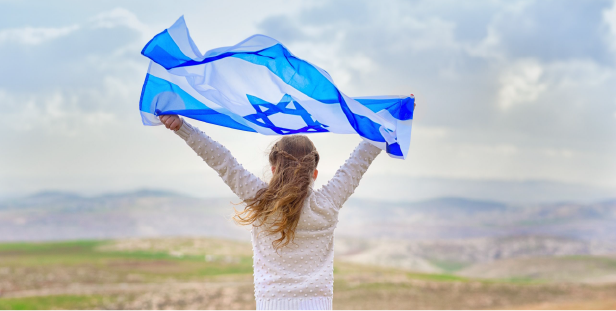
The Resilience of the Israeli People
April 2, 2024Visitors from around the world have seen Hamas's October 7th Massacre's destruction in southern Isr...
-
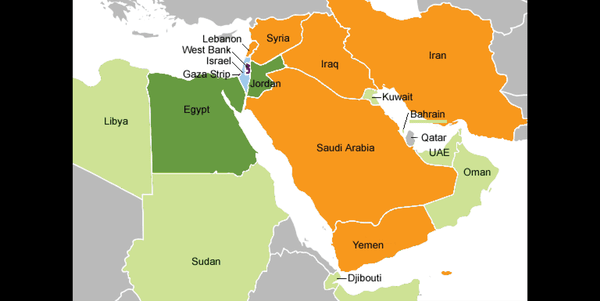
Israel: Small Size, Big Impact
March 21, 2024Nestled along the eastern edge of the Mediterranean Sea, Israel is a land of immense historical sig...
-
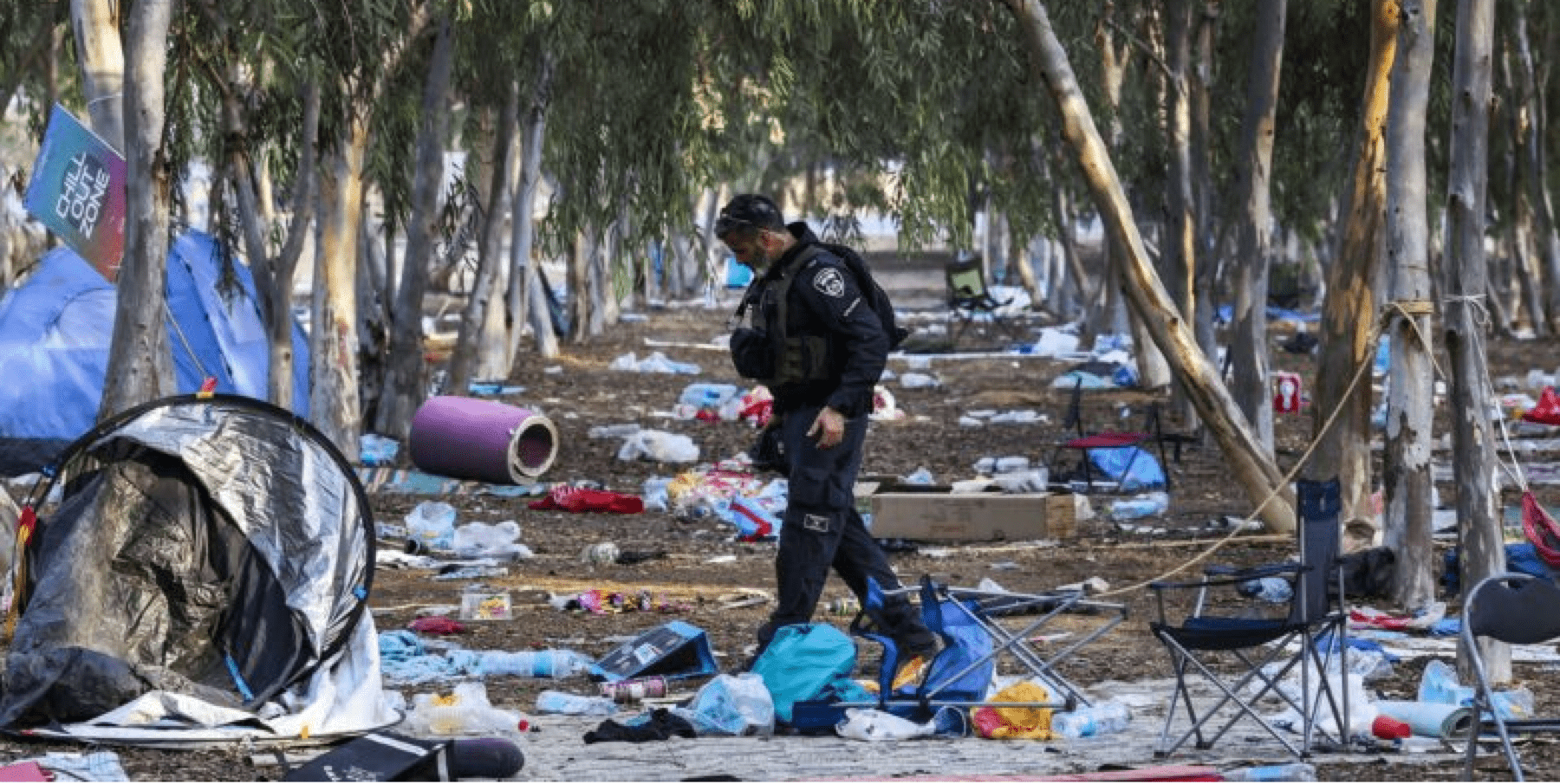
Israelis Are Fighting For Their Lives
February 21, 2024By Jonathan S. Tobin The world looks a lot different from Kibbutz Kfar Aza than it does in the U...
-

Over 2 Million Arabs Live In Israel
January 23, 2024In the complex landscape of the Middle East, where diverse cultures and identities intersect, Israe...
-
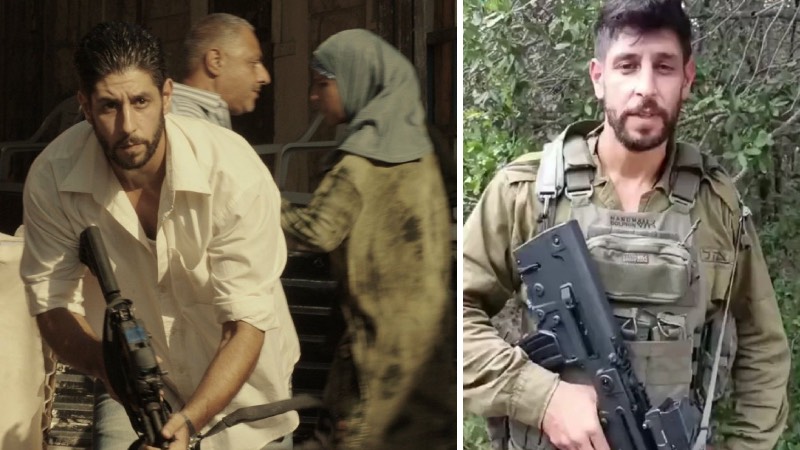
'Fauda' Star Idan Amedi Injured Fighting in Gaza
January 8, 2024Despite the severity of his injuries, Amedi's father assured Israeli news channels that his life is...
-

Israel Is A Great Country To Live In
December 28, 2023Nestled at the crossroads of the Middle East, Israel stands as a vibrant and dynamic nation, offeri...



















